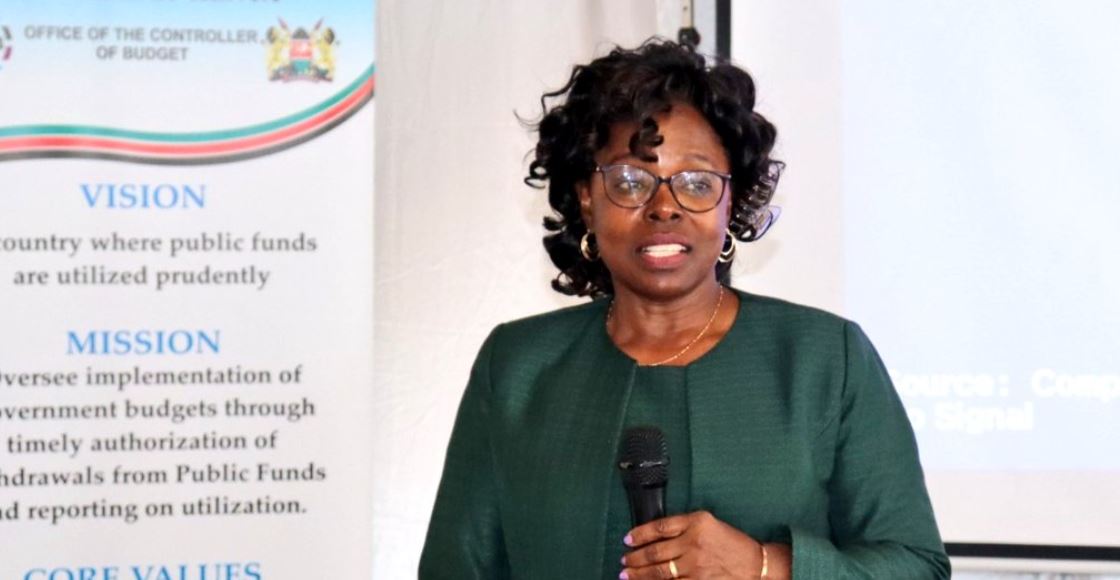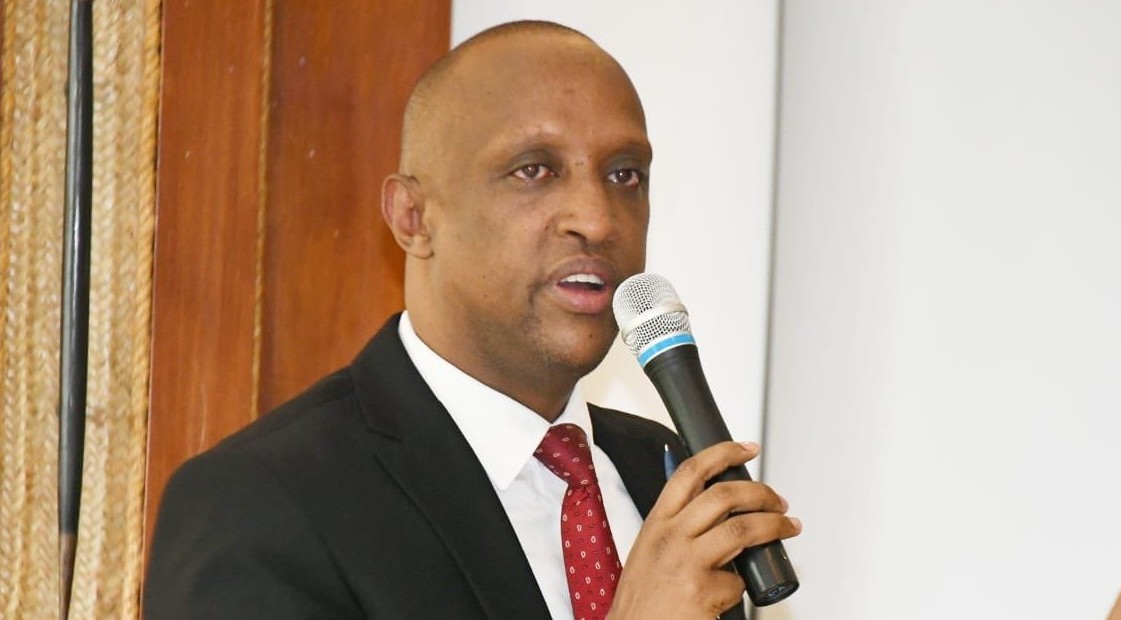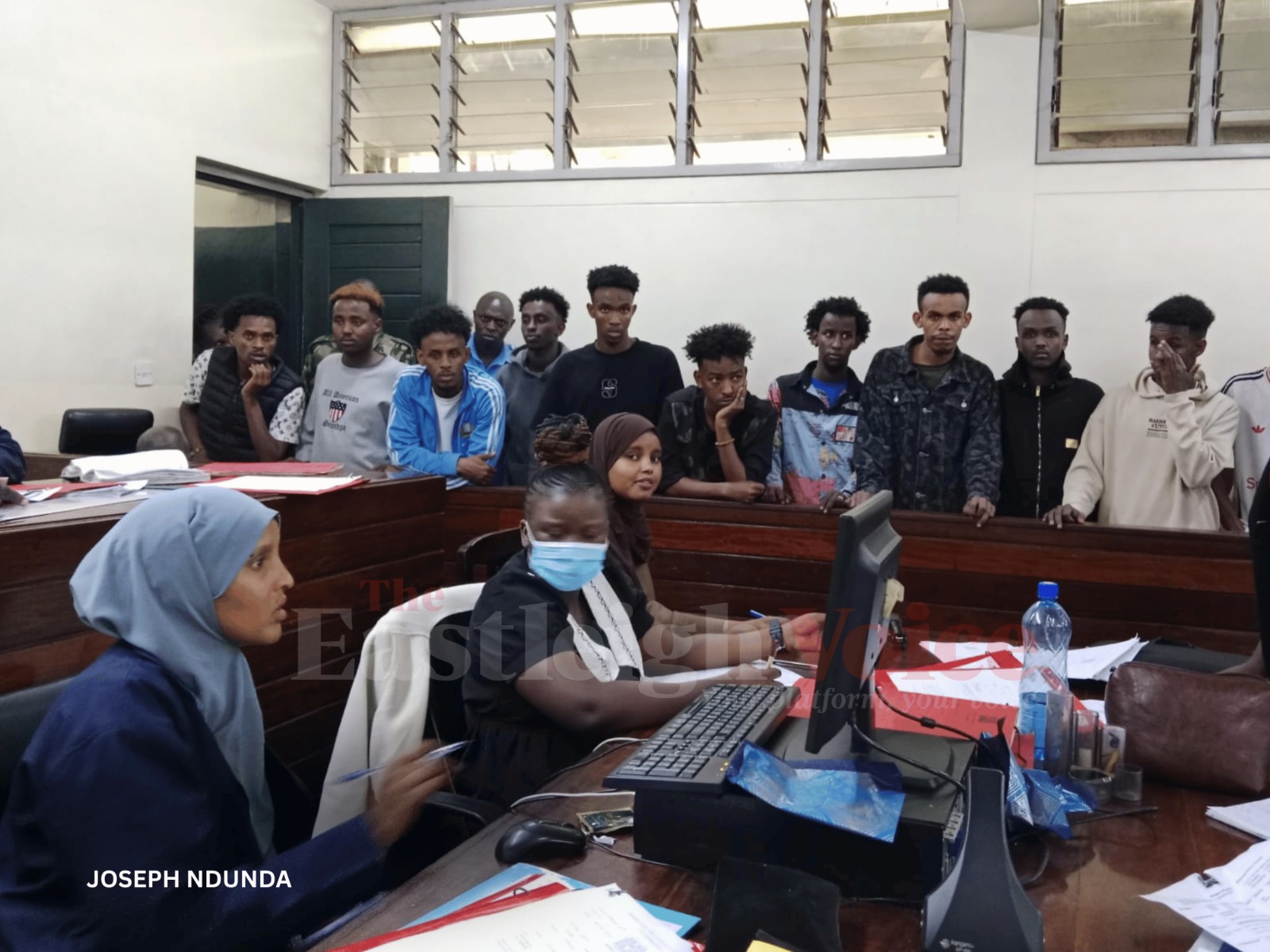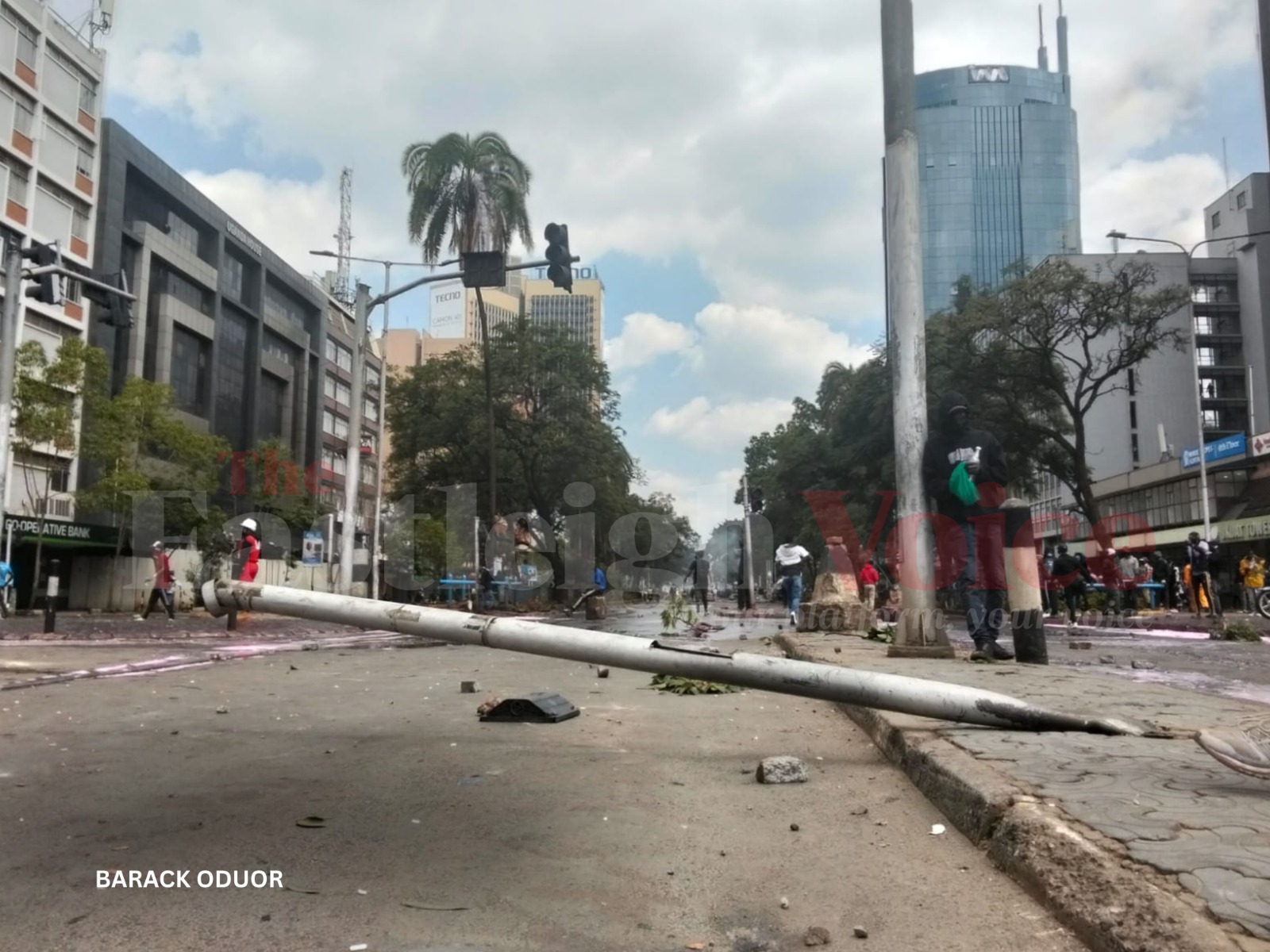Unpaid PAYE, pension deductions for civil servants hit Sh6.36bn in three months

The CoB's report reveals that unremitted PAYE alone rose by Sh3.85 billion, bringing the total outstanding amount to Sh22.89 billion.
Unremitted PAYE and pension deductions from government employees have surged by a combined Sh6.36 billion between June and September this year, according to the latest report from the Controller of Budget (CoB).
The increase highlights ongoing breaches by state agencies in their obligation to forward the deducted amounts, which are meant to be paid to the Kenya Revenue Authority (KRA) and the Public Service Superannuation Scheme (PSSS).
More To Read
- Controller of Budget proposes funding freeze for counties involved in prolonged leadership wrangles
- Parliament, TSC, Education and Roads departments faulted for delayed billion-shilling projects
- Government cuts top officials’ salary budget by Sh600 million after audit flags overestimation
- Audit reveals Sh3 billion spent in nine months at Office of the President amid austerity pledges
- Counties spend twice as much on salaries as on development, Controller of Budget report reveals
- Raila's failed AU bid drove Sh48.8 billion in extra spending, budget report reveals
The CoB's report reveals that unremitted PAYE alone rose by Sh3.85 billion, bringing the total outstanding amount to Sh22.89 billion.
Similarly, pension arrears jumped by Sh2.51 billion, reaching a total of Sh35.53 billion.
These failures to remit the deductions raise concerns over the future of pension payments for thousands of government employees and hinder KRA's efforts to meet its tax collection targets.
"The Government of Kenya (Employer) contribution remitted to the Public Service Superannuation Scheme (PSSS) under section 6 (2) of the PSSS Act, 2012 had an outstanding balance of Sh2.72 billion regarding remittance for September 2024 as of the end of the reporting period," said Controller of Budget Margaret Nyakang'o.
The rise in arrears comes at a time when many state agencies are grappling with financial strain due to budget cuts and other financial challenges, which have contributed to their inability to meet legal requirements for remitting deductions from employees' salaries.
The consequences of these defaults could have long-term implications, especially for pensioners who may retire without the benefits they are entitled to.
Unremitted staff loans
In addition to the PAYE and pension arrears, the report also highlights an increase in unremitted staff loans and Sacco deductions.
Between June and September, these deductions grew by Sh234.64 million and Sh70.5 million, respectively.
By the end of the period, the total unremitted amount for staff loans stood at Sh2.46 billion, while Sacco deductions had reached Sh2.59 billion.
The National Treasury has expressed concern over the growing defaults, noting that the failure to remit PAYE and pension contributions poses a serious threat to the social security of government pensioners.
If these defaults continue, there is a risk that retirees may not receive their pensions when they leave government service.
"It remains to be seen whether the state entities in breach will face penalties. KRA imposes a fine of 25 per cent of the unremitted amount or Sh10,000, whichever is higher," the report read in part.
Additionally, the law mandates employers to remit the contributions, along with any interest accrued, within a specified period.
A 5 per cent penalty is also applicable for unremitted contributions or a fine of Sh25,000.
The Retirement Benefits Authority (RBA) also holds the power to temporarily stop salary deductions from workers if an employer is unable to remit payments.
This could further complicate the financial situation for employees who are already facing delays in their deductions being forwarded to the relevant authorities.
Despite the overall increase in arrears, there was a slight reduction in unremitted National Social Security Fund (NSSF) deductions.
State corporations, government-owned entities, and semi-autonomous agencies reduced their unpaid NSSF contributions by Sh141.23 million, bringing the total arrears to Sh499.6 million during the three-month period.
Top Stories Today
Reader Comments
Trending












































